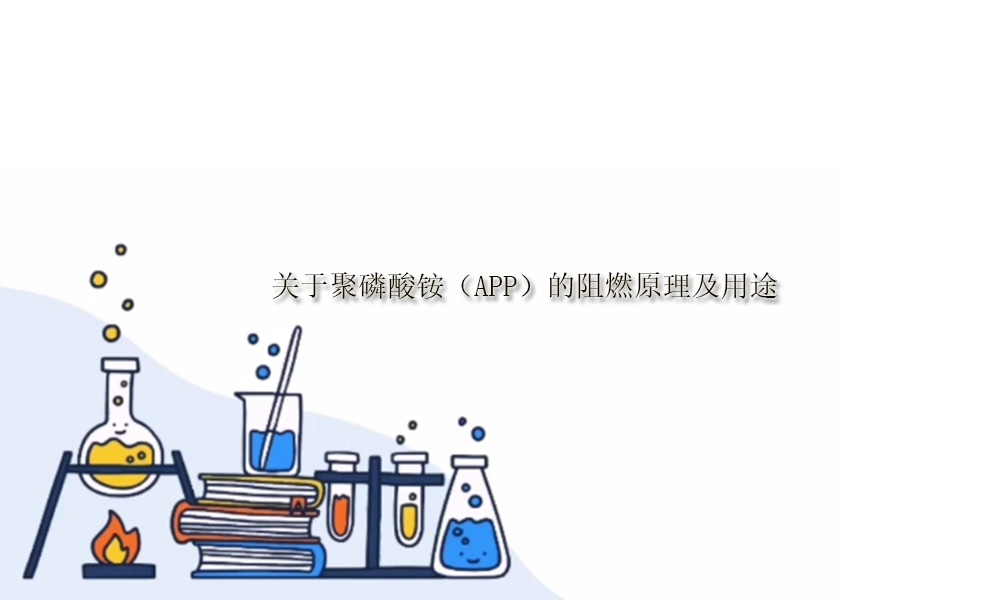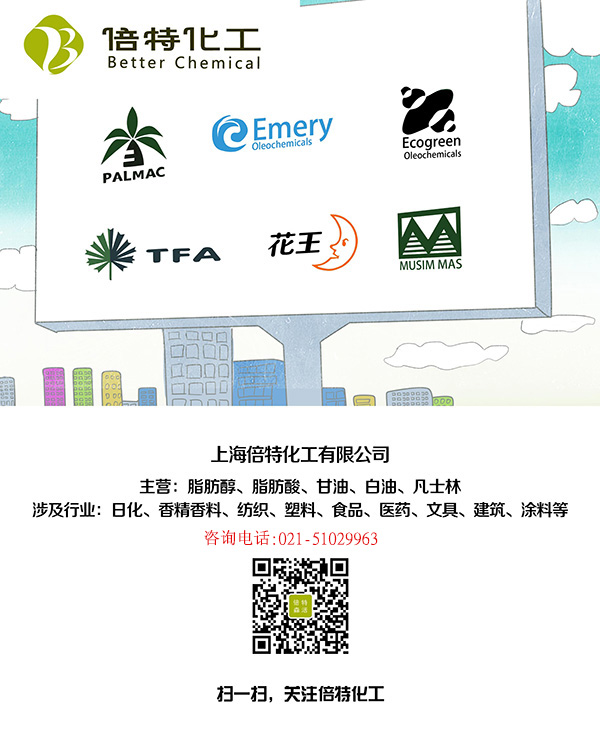
Ammonium polyphosphate, also known as ammonium polyphosphate (APP for short), is a white powder. It is a nitrogen-containing phosphate that is nearly neutral and dispersible. Good, does not react with other substances. Good thermal stability, decomposition temperature is not lower than 250℃. Ammonium polyphosphate can be divided into three types according to its degree of polymerization: oligopolymer, medium polyphosphate, and high polymer. The greater the degree of polymerization, the smaller the water solubility. Crystalline ammonium polyphosphate is a water-insoluble and long-chain polyphosphate. There are five variants from I to V. Among them, high-polymerization crystalline type II ammonium polyphosphate has significant advantages in the field of polymer materials due to its good water insolubility, high decomposition temperature, and good compatibility with polymer materials. Compared with halogen-containing flame retardants, crystalline type II ammonium polyphosphate has the characteristics of low toxicity, low smoke, and inorganic. It is a new type of high-efficiency inorganic flame retardant.
Flame retardant principle:
Ammonium polyphosphate (APP) is heated and dehydrated under high temperature conditions to generate polyphosphoric acid or metaphosphoric acid, which can be used as a strong dehydrating agent and The carbon-forming substances in the flame retardant system are dehydrated to form an elemental carbon layer. The expanded carbon layer is formed by the action of the non-combustible gas generated by the gas source to isolate the air and fire sources, thereby achieving the purpose of flame retardancy.
Usage:
Ammonium polyphosphate (APP is widely used in intumescent fire retardant coatings, polyethylene, polypropylene, polyurethane, epoxy resin, rubber products , fiberboard and dry powder fire extinguishing agent, etc., it is a safe and efficient phosphorus-based non-halogen smoke-eliminating flame retardant.
Used as an additive flame retardant. It generates ammonia and very stable polymerization when decomposed by heat. Phosphoric acid can become a protective layer of high molecular polymers to isolate oxygen. It can also be used in combination with other flame retardants.
It has high flame retardancy, dimensional stability, and Hydrolysis resistance and heat resistance. The amount of toxic and corrosive gas generated by rigid polyurethane foam is even comparable to that of similar materials that are not flame retardant. The amount of carbon monoxide and hydrogen chloride generated is also much lower than that of halogen-containing polyurethane foam. .
Applicable to other resins, adhesives and coatings.


 微信扫一扫打赏
微信扫一扫打赏

